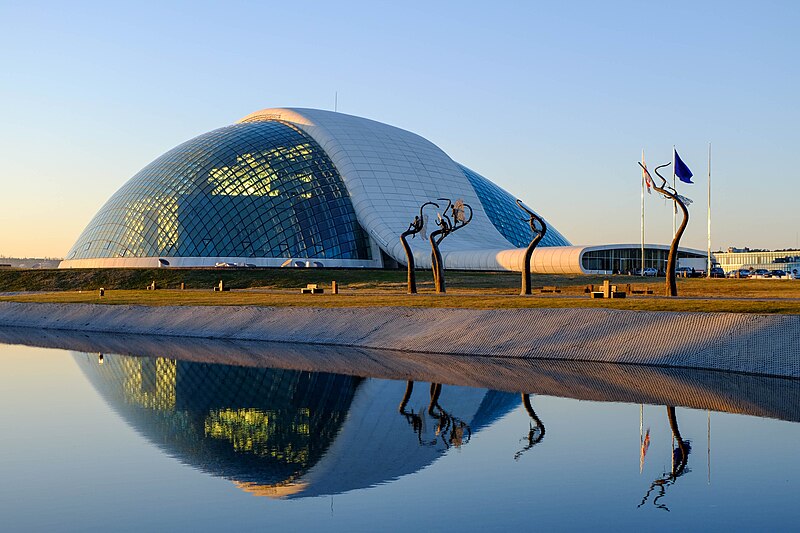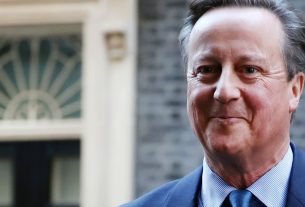Tens of thousands of demonstrators filled the streets of Georgia’s capital on Saturday in one of the largest protests in recent months, rallying against the ruling Georgian Dream party and its policies, which critics say are steering the country away from its European Union aspirations.
Clashes and Police Response
The protest, branded by organizers as a “National Assembly” against political backsliding, coincided with municipal elections boycotted by major opposition blocs. Tensions escalated when some protesters attempted to storm the presidential palace, prompting riot police to deploy water cannons and pepper spray.
A heavy police presence remained in Tbilisi on Sunday, underscoring the government’s determination to contain further unrest.
EU Membership Dispute
The demonstrations reflect deep frustration over the government’s decision last year to suspend EU accession talks, citing what it called “blackmail and manipulation” from European politicians. The move triggered months of protests, mass arrests, and accusations of police violence.
Despite the backlash, Prime Minister Irakli Kobakhidze insists that Georgia’s path toward EU membership remains “steady and irreversible,” arguing that responsibility now lies with Brussels.
Political Context
The ruling party has faced mounting criticism from opposition groups and civil society, who accuse it of authoritarian drift and aligning too closely with Moscow. Saturday’s rally was the latest in a series of mass mobilizations demanding a return to a pro-European trajectory and greater democratic accountability.
Parliament_of_Georgia_in_Kutaisi_at_Sunset-by-Berdo-Maghularia



